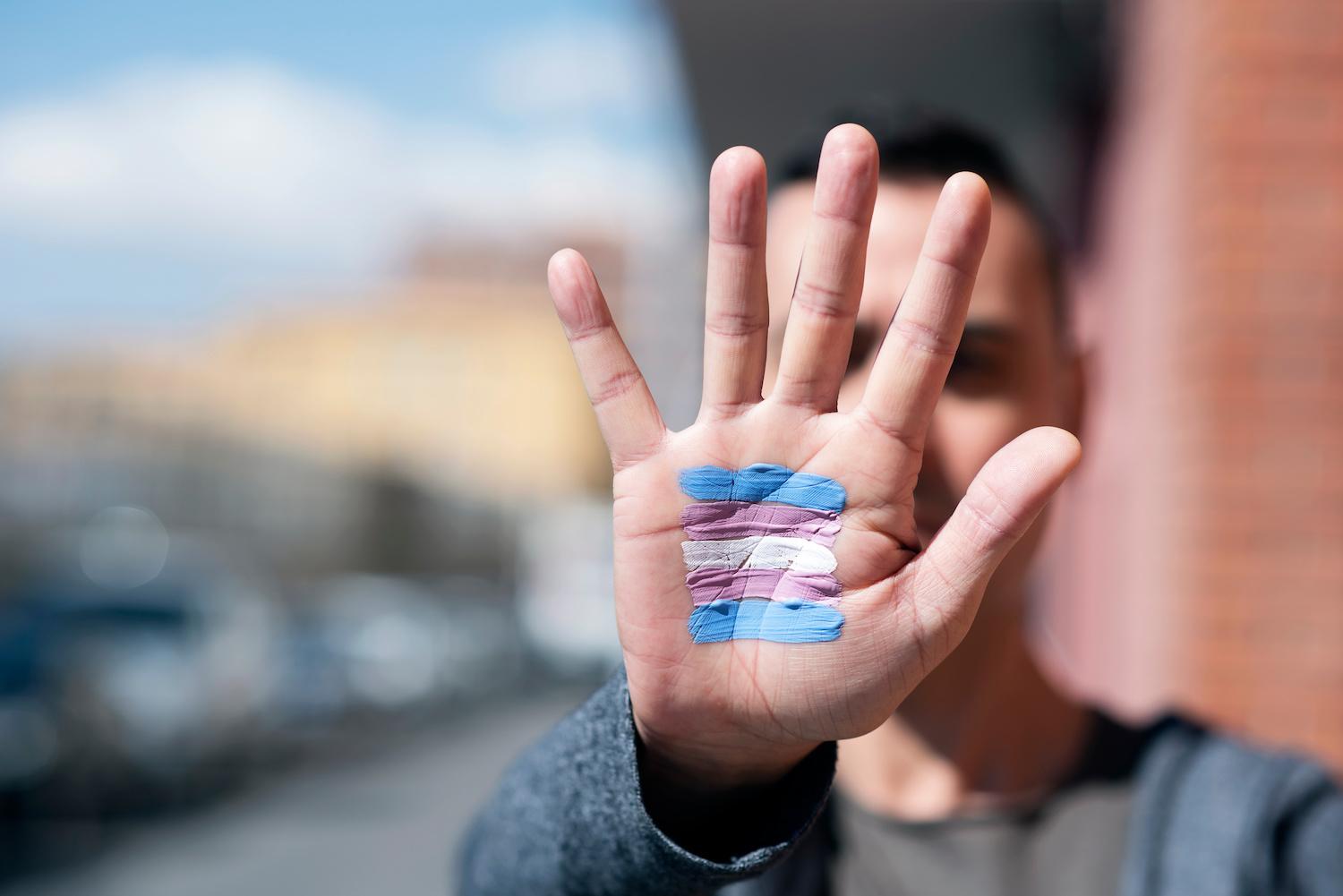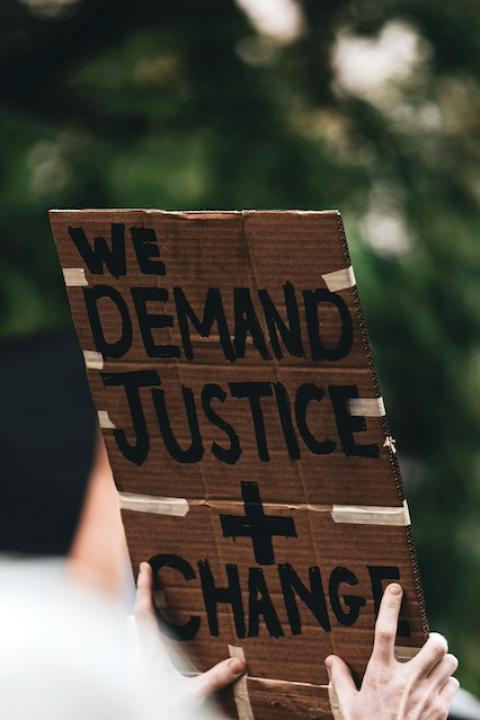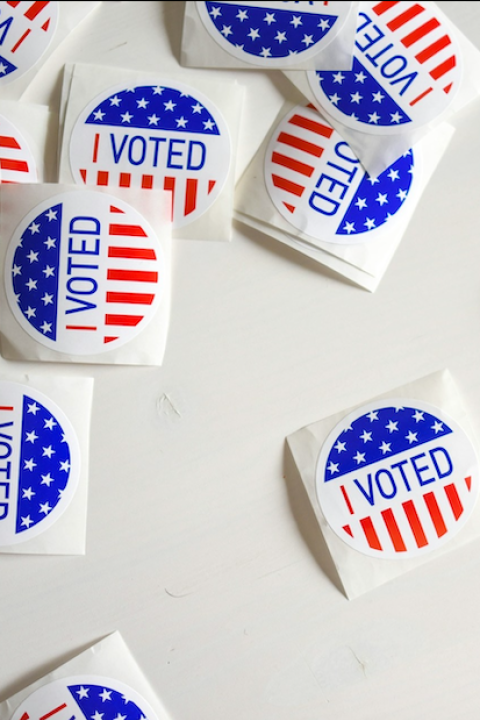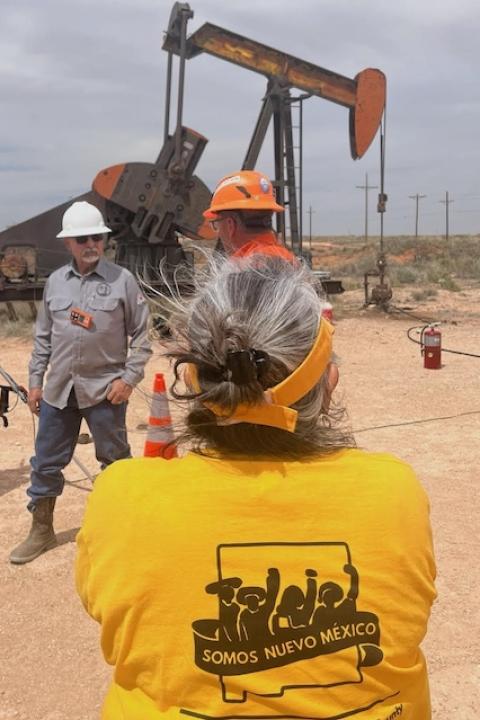
Transitioning in the workplace comes with a whole host of challenges. For those who do so, a supportive environment is key, and employers and allies alike can help ease the process by creating a safe environment.
“Our words matter," Josh Saterman, CEO of the consulting firm Saterman Connect, said during a recent virtual event on what workplaces can do to better support their transgender employees. "Our world is full of complexities. And while these complexities do not have to be scary, unfortunately, we do live in a moment where these complexities are giving rise to fear tactics and hate. So, our job today is to explore these words ‘evolving’ and ‘transitioning,’ embracing the idea that transition and evolution are all around us every day.”
Defining transition
The panel featured personal stories about what transitions really mean for individuals, as well as discussions on how we typically talk about them. James Barnes, for example, didn't see his gender as having transitioned, but rather how other people perceived it. Known as The Trans Coach, Barnes helps companies develop a level of understanding and empathy that goes beyond providing employees with trans resources to fostering a sense of community, as well.
Likewise, when it comes to her son, Lisa Moore said transition and evolution would not be the right words. “I think he would just stop me in my tracks and say, ‘Be clear, this is a correction,’” said Moore, who is the chief people officer at Yahoo. “‘This is not an evolution. I didn't evolve to be a boy. I was always a boy.’ So [for him], this is just kind of correcting, or realigning or something like that.”
While the word transition can be utilized to describe the journey involved, "we do get to a point where we realize that . . . we've always been this person," said Jonovia Chase, lead organizer at House Lives Matter. “What we're changing is a physical part of us that is aligned with how we feel about ourselves and how we choose to display ourselves in the world, which is no different than anyone else.”
Creating inclusive workplaces
These trans leaders and allies shared their top pieces of advice for employers looking to create workplaces that embrace trans employees as they progress in showing their authentic selves.
One size does not fit all. “Literally no one size fits all,” Moore said.”So, let's not put words in policies and processes that aren't inclusive or can't relate to more [than just one] interpretation, as everybody's individual situation needs to be considered. Everybody's in an individual situation.”
While some people may want to share their stories of transition — no doubt serving as inspirations to those who do not yet feel comfortable bringing their authentic selves to work — not everyone will want to discuss their gender identity with co-workers or employers. Not only does this need to be respected, but employers also have a duty to protect everyone’s right to privacy. It’s important to recognize that not everyone’s gender identity falls within a binary of established terminology.
Create a sense of community in the workplace. Ultimately, it boils down to being serious about creating an inclusive community that people want to be a part of because they feel they belong, can be their true selves and walk their own paths, Saterman said.
Make it safe to be authentic. “Safety is critical, so if I don't feel safe, you're not getting my full intersectionality,” said Dave Ciliberto, adjunct instructor of diversity and inclusion at Cornell University. “If I do feel safe, then you will get a lot of it."
Safety means standing up for people and not allowing any form of discrimination or intolerance in the workplace. It is important to shut it down immediately — even if that means a terse “shut up” to offenders, Ciliberto said. "It's up to the workplace to create a safe environment for people.”
“You can't get to the business without a very, very psychologically and physically safe employee population,” added Irene Brank, head of learning at Mass Mutual.
It’s not just trans employees who need support. “My friends who are cis need coping skills as well,” Barnes said. It’s not about isolating trans people. Company trainings need to be inclusive and teach cis employees how to be respectful and supportive of their co-workers.
Diversity and inclusion lead to better business outcomes
That an inclusive work environment and diverse staff lead to better business outcomes has been well-established. However, considering the current backlash against the LGBTQ+ community — and especially trans people — it is more important than ever that businesses are supportive and aim to create workplaces where employees can be their authentic selves.
“A failure to adopt trans-specific policies and practices can cost businesses dearly in the form of higher turnover, decreased engagement and productivity, and possible litigation,” a trio of researchers warned in the Harvard Business Review.
So, it’s no wonder that many companies have implemented trans-friendly policies. Amazon, AT&T, IBM, Chevron, Mastercard and Google are among the major companies with policies that advocate on behalf of their trans workers. But this work is not limited to big employers. Creating safe workplaces, utilizing inclusive language, and recognizing people’s individuality and authenticity is something all businesses are capable of doing.
Image credit: Nito/Adobe Stock

Riya Anne Polcastro is an author, photographer and adventurer based out of the Pacific Northwest. She enjoys writing just about anything, from gritty fiction to business and environmental issues. She is especially interested in how sustainability can be harnessed to encourage economic and environmental equity between the Global South and North. One day she hopes to travel the world with nothing but a backpack and her trusty laptop.














